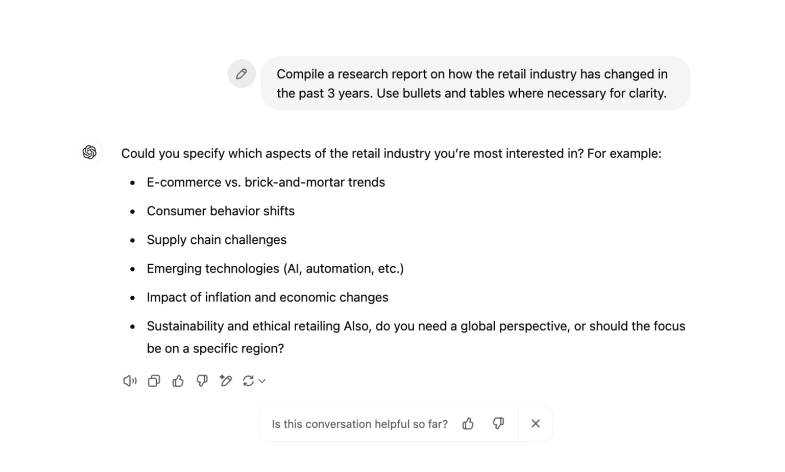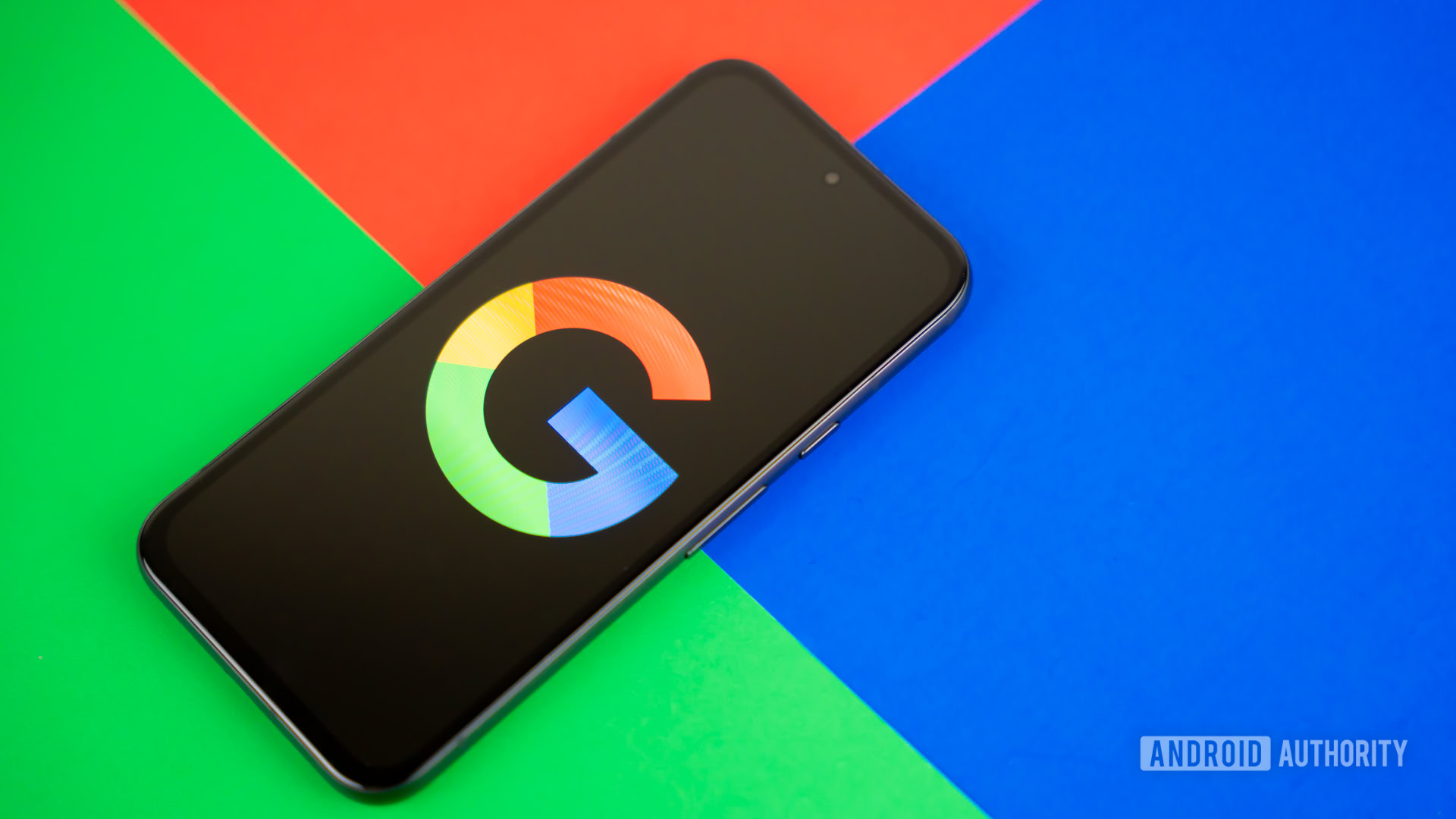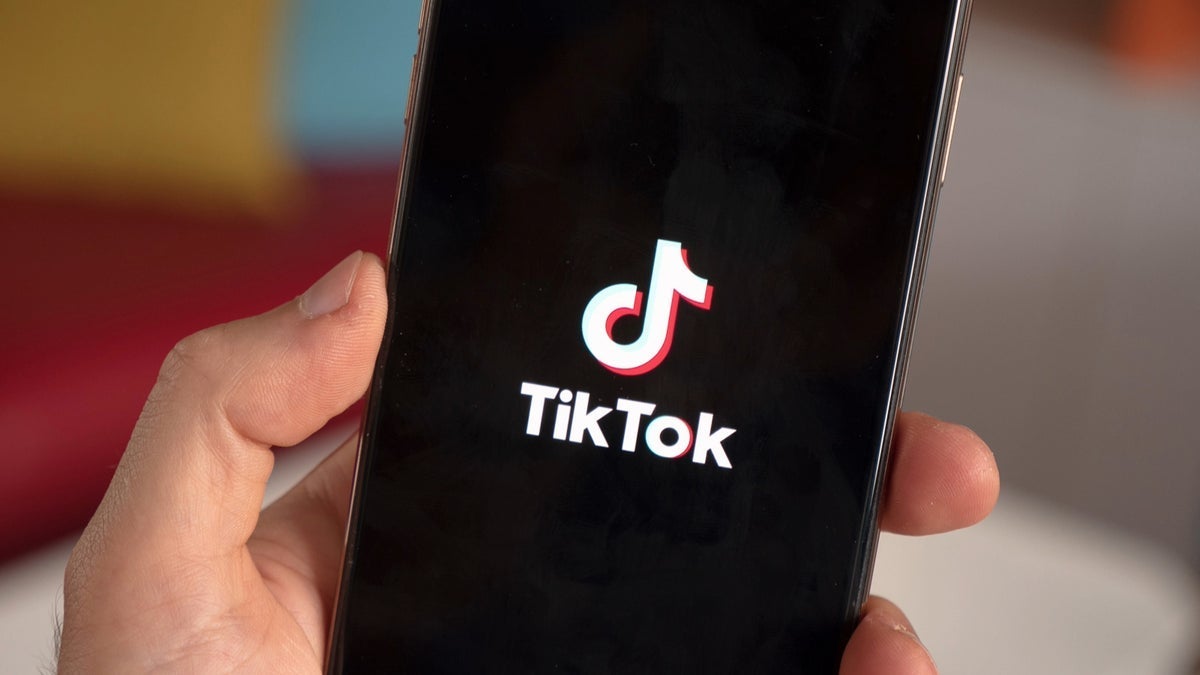OpenAI has announced a new “agentic” feature for ChatGPT that enables it to conduct intensive and complex research on behalf of users.
The new capability, called “deep research” was announced by the company in a blog post Sunday, where it said it cano operate autonomously, planning and executing multistep trajectories to find the information requested by users. OpenAI says it’s capable of “backtracking and reacting to real-time information” whenever it’s necessary.
When users do deep research to investigate something, they won’t just be given a straightforward, text-based answer to a question. Instead, ChatGPT will show a summary of its research process in a sidebar, complete with citations that reference its findings.
Users will be able to ask questions using simple text and upload images and other files such as PDFs and spreadsheets to provide context. ChatGPT will then take anywhere from five minutes to 30 minutes to generate a comprehensive response. In the future, it will also be able to respond with embedded charts and images, the company said.
OpenAI said ChatGPT deep research is akin to having a professional human researcher, but it warned that AI can still make mistakes. Risks include making up facts, struggling to tell the difference between rumors and authoritative information, and rating certain responses.
The company is trying to limit these “hallucinations” with the use of a specialized version of its newly announced “reasoning” model o3-mini, which has been trained using reinforcement learning techniques, where it performs real-world tasks using a browser and Python tools.
Reinforcement learning is a technique that enables AI models to learn through trial and error to work out the best way to achieve specific goals. As the model gets closer to its goal, it will receive virtual rewards that motivate it to complete the task more efficiently.
According to OpenAI, the version of o3 used in deep research has been optimized for web browsing and data analysis tasks. It explained that the model uses its reasoning abilities to search through, interpret and analyze massive amounts of text, images and other data on the internet, and then pivot in response to what it learns from that analysis.
ChatGPT deep research qualifies as”agentic AI,” which refers to more sophisticated AI tools that can perform complex, multistep tasks on behalf of humans with minimal supervision. The idea with agentic AI is that it can boost productivity by taking care of the repetitive and laborious tasks that human workers would rather not do themselves. The new feature follows in the footsteps of Operator, which is a tool that uses a web browser to complete tasks such as finding and booking a hotel room.
OpenAI showed off deep research’s capabilities in a video embedded in its blog post, in relation to a request for information about how the retail industry has changed over the last three years. It provided a detailed response with various bullet points and tables.
It also ran deep research through an AI benchmark called “Humanity’s Last Exam,” which rates AI models on their ability to respond to “expert-level questions.” OpenAI said it achieved a new record high score with 26.6% accuracy, which is far above ChatGPT’s 3.3% score, and the o3-mini (high) model’s 13% rating.
The company said deep research is being launched for ChatGPT Pro users today, with up to 100 queries per month for users who pay the $200 monthly subscription fee. It’s also promising to launch “limited access” for ChatGPT Plus, Team and Enterprise users in the coming weeks.
There was no mention of deep research being made available to free users, which is likely because the model is “very compute-intensive.”
Images: OpenAI
Your vote of support is important to us and it helps us keep the content FREE.
One click below supports our mission to provide free, deep, and relevant content.
Join our community on YouTube
Join the community that includes more than 15,000 #CubeAlumni experts, including Amazon.com CEO Andy Jassy, Dell Technologies founder and CEO Michael Dell, Intel CEO Pat Gelsinger, and many more luminaries and experts.
THANK YOU







